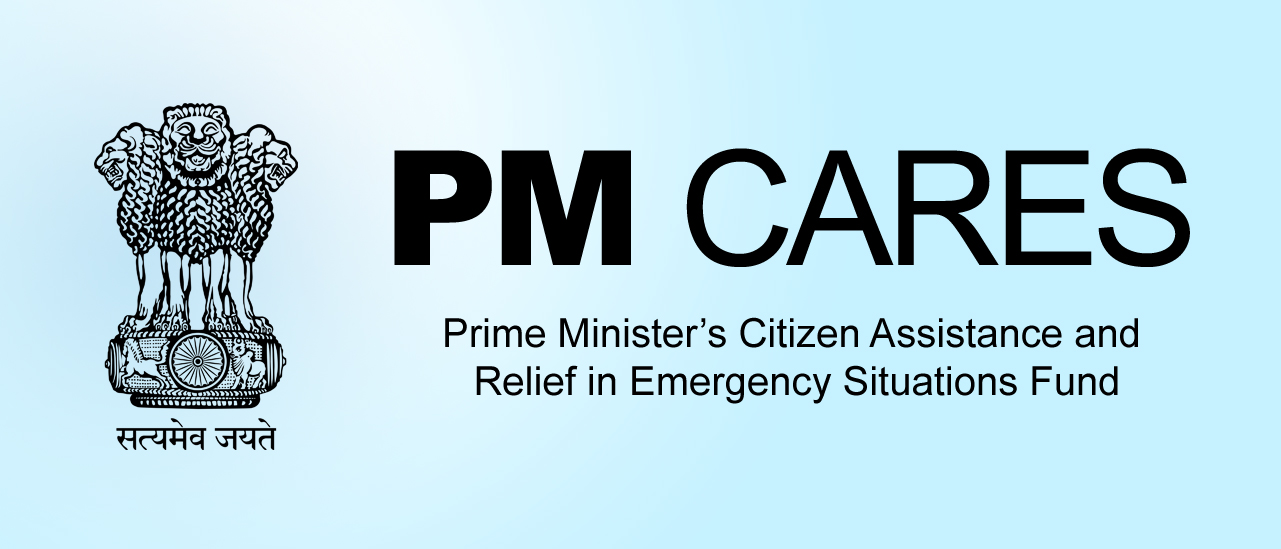New Delhi, 3 December 2021: How do people in power see the whopping CSR fund in India? It is not easy to know the exact answer to this. However, an interesting question that appeared in the ongoing Parliament session has a potential to make sense, albeit with little caution.
The question was about whether the government officials or elected leaders can recommend companies to do development work for their area.
On November 29 in Lok Sabha, several parliamentarians asked, “Whether a District Collector, MLA, MLC or Member of Parliament can officially recommend to the institutions/ companies under the CSR fund for the development of their area?”
The question was asked by Sudhakar Tukaram Shrangare (BJP), Rajendra Dhedya Gavit (Shiv Sena), Dileshwar Kamait (JDU), Devji M Patel (BJP), Mohanbhai Kalyanji Kundariya (BJP) and Dipsinh Shankarsinh Rathod (BJP). Except for one parliamentarian from Shiv Sena, all are from the ruling party or ruling coalition.
In response to the question, the government didn’t say ‘no’ in clear terms. Instead, it went with the rhetoric, “CSR is a Board driven process and the government has no role in it.” Rao Inderjit Singh, the Minister of state in the Ministry of Corporate Affairs, said, “CSR is a Board driven process and the Board of the company is empowered to plan, decide, execute and monitor CSR activities based on the recommendation of its CSR committee. The government does not issue any specific direction to the companies to spend in any particular activity or area.”
But there is a ‘catch’ here. Before going to that, it is important to know the total annual CSR budget of India year wise. In 2018-19, corporates spent Rs 20,150.27 crore on their CSR activities. Next year, it increased to Rs 24,688.66 crore, at least 20 per cent up from the previous year. In 2020-21, a major CSR fund was diverted to PM CARES Fund, a fund created on the call of the Prime Minister of India. People of India are yet to know the details of PM CARES. But, it led to a dip in CSR expenditure in the particular year.
Although, while responding to queries in Parliament, the government, said ‘no’ to the intervention of government officials or political leaders, but the data says otherwise. For example, many CSR projects of PSUs were inaugurated when Bihar election was approaching, that too by the ministers coming from Bihar itself.
Union Minister of State (IC) for Power & New and Renewable Energy R K Singh either inaugurated or dedicated several projects in Bihar. The minister represents Arrah, a parliamentary constituency in Bihar. The coalition he represents, managed to win the election with a very thin margin.
The bigger question is-how these inaugurations of new projects or activities around it, reflects with common people. Whether they were able to differentiate between the government's work and work done under CSR?
There is no easy answer to all these questions but it is amply clear that CSR initiatives were helping the ruling coalition in building the perception among voters.
Second example is the PM CARES Fund. The union government, though, created a separate fund for Covid care despite the fact that India has had a similar fund called ‘National Disaster Relief Fund’ for years. Responding to the call of Prime Minister Narendra Modi, many corporates donated huge funds to the fund. Later, the government refused to divulge the details of total donation and expenditure of the PM CARES Fund, claiming that it is not a public fund. There are many questions around this claim and many court cases were filed.
These examples are sufficient to indicate an increasing pressure from the political arena on CSR funds which began from ‘voluntarily’ expenditure on social goods and then moved to ‘mandatory’ one.








.jpg)










